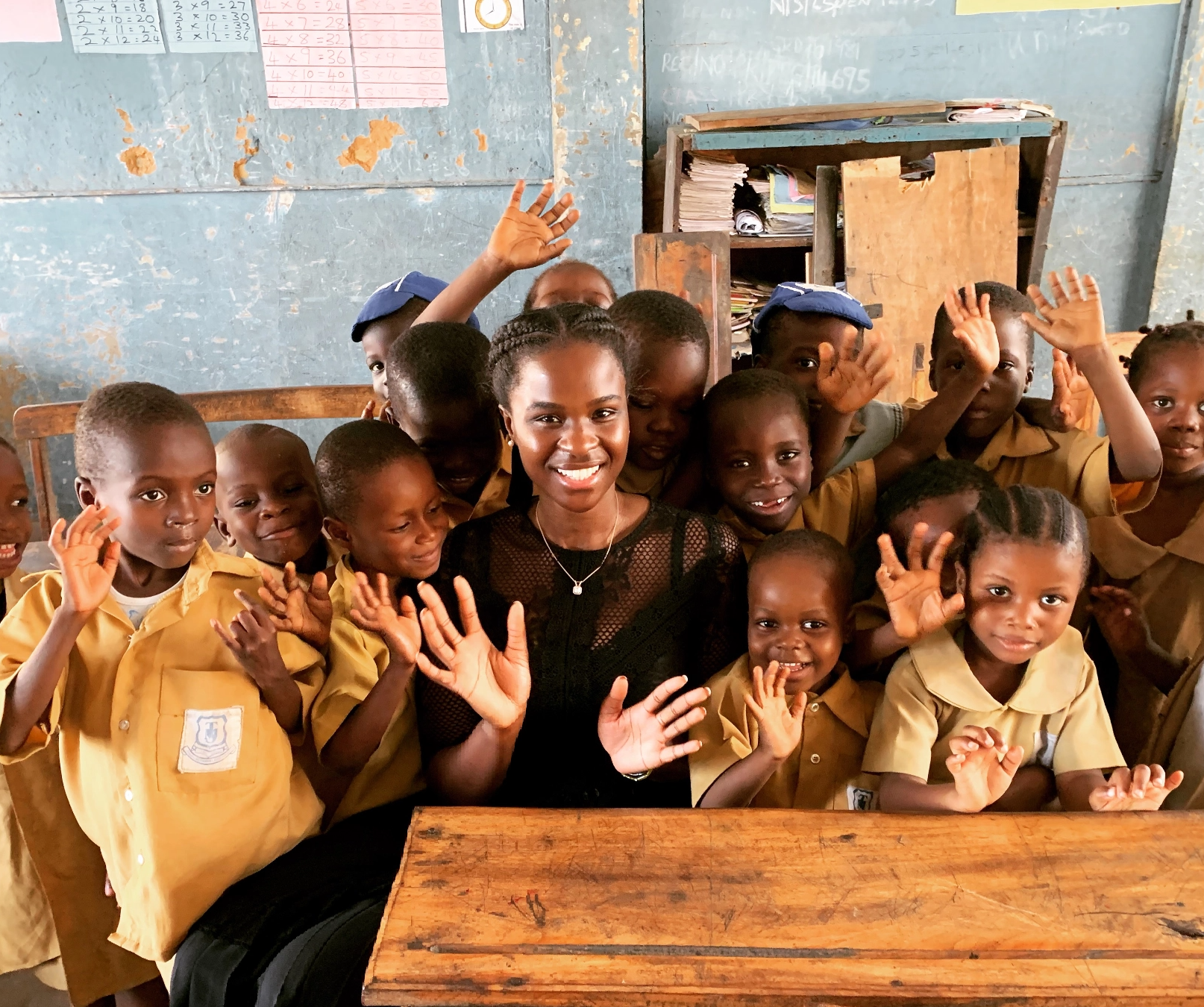Mary Dinah Foundation (MDF) is one of the largest NGO in Africa preventing malnutrition in local communities through the distribution of specialized nutritious foods.
Through its Zero Hunger Program, the Foundation provides emergency food relief and water sanitation, improves access to healthcare for infants and pregnant women, protects women and girls from gender-based violence, scales up refugee education programs and offers mental health support to individuals affected by conflict induced displacement.

Established in 2005, Mary Dinah Foundation (MDF) is the largest NGO in Africa preventing malnutrition in local communities through the distribution of specialized nutritious foods. The Foundation implements initiatives addressing maternal health, infant nutrition, education, employability, mental health, gender-based violence, and marine and ocean conservation. With a dedicated team of over 200 staff members, MDF maintains programs across Nigeria, Cameroon, Chad, Ghana, Liberia, and the UK.
In partnership with international agencies, its Zero Hunger Program has distributed over 55 million meals to date, serving up to 75,000 meals daily to vulnerable populations in conflict areas, including infants, pregnant women, refugees, internally displaced persons (IDPs), people with disabilities, and individuals living with long-term diseases.
Additionally, Mary Dinah Foundation leads the child protection agenda with governments in West Africa, working with orphanages, juvenile homes, and rehabilitation centers. In partnership with UNICEF on the Generation Unlimited initiative, MDF supports the empowerment of youths by providing access to digital learning, skill acquisition, and employment opportunities.
Across the world, we maintain a collaborative relationship with some of the world’s most impactful organisations to ensure efficiency, productivity, safety, and continuous improvement in all our programs. They include:





